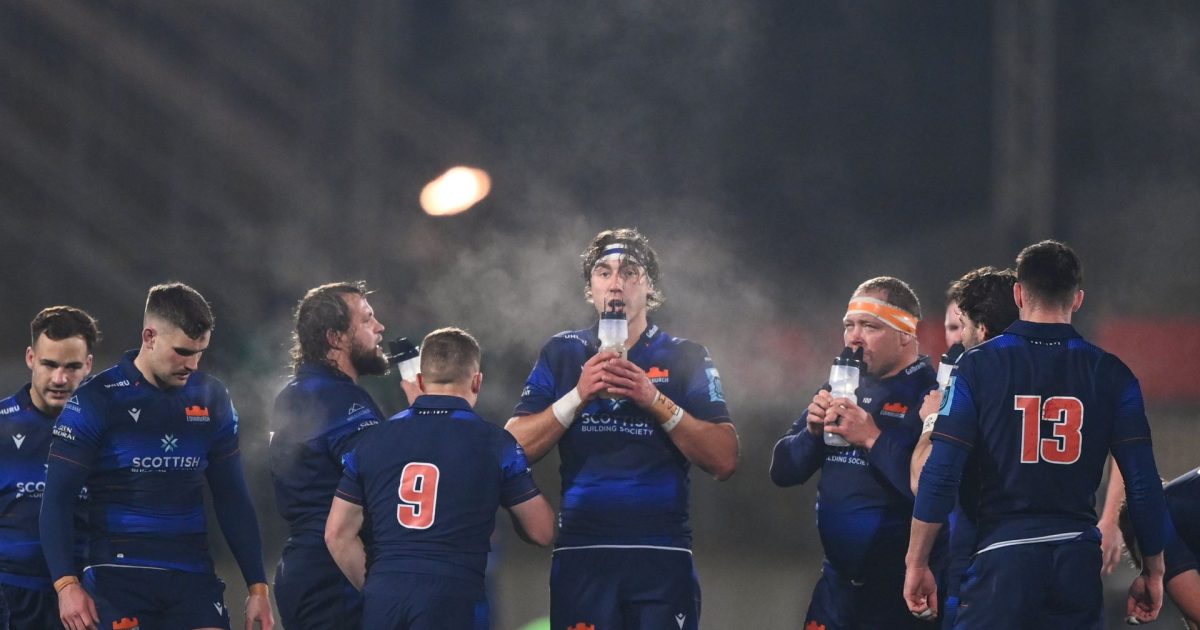Ritchie returns to captain Edinburgh after missing Scotland selection

Scotland flanker Jamie Ritchie will captain Edinburgh on Friday against Zebre in the United Rugby Championship, a week after missing out on selection to play France in the Guinness Six Nations.
After starting against Wales in Cardiff in the opening round of the Championship, the former captain missed out on selection entirely for the clash with France at Murrayfield in round two.
Gregor Townsend put the decision down to the balance of the back row, with co-captain Rory Darge returning from injury to start against France and with Andy Christie earning a well-deserved spot on the bench.
“I felt he wasn’t able to get his strengths out because of the way the game was being refereed,” Townsend said when discussing his reasoning behind dropping Ritchie.
“Wales managed to get a number of penalties in the tackle area, we weren’t getting any.
“I’m sure Jamie would have had a bigger influence if the game had been refereed differently.
“It’s really just about the blend this week. Jamie responded outstandingly well as a person and team-mate but also in the way he’s trained and played in the last couple of games. He’ll be in the mix again for the game against England.”
The 27-year-old will hope to make a statement on Friday in Parma, with the Calcutta Cup looming in the next round of the Six Nations at Murrayfield.
Ritchie will lead an Edinburgh side that also contains Ben Healy at No10, who started on the bench against France. The squad also features WP Nel at tighthead, who missed the opening two rounds of the Six Nations with a neck injury.
Edinburgh XV
15. Emiliano Boffelli (35)
14. Harry Paterson (8)
13. Matt Currie (29)
12. James Lang (47)
11. Chris Dean (142)
10. Ben Healy (12)
9. Ali Price (8)
1. Boan Venter (56)
2. Dave Cherry (82)
3. WP Nel (197)
4. Marshall Sykes (53)
5. Glen Young (35)
6. Jamie Ritchie (105) CAPTAIN
7. Hamish Watson (149)
8. Viliame Mata (127)
Replacements
16. Paddy Harrison (12)
17. Luan de Bruin (22)
18. Javan Sebastian (8)
19. Tom Dodd (6)
20. Connor Boyle (39)
21. Ben Vellacott (50)
22. Mark Bennett (98)
23. Nathan Sweeney (2)


































